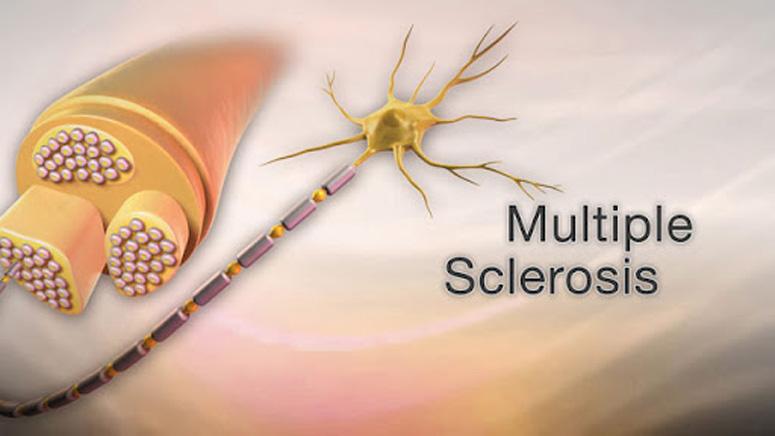Multiple sclerosis (MS) is a disease that can damage the brain and spinal cord (the central nervous system). It can cause problems with balance, vision, muscle control, leading to a wide range of symptoms in the body system.
The exact cause of MS is still unknown to scientists, but it is believed that it is an autoimmune disorder that affects the Central Nervous System (CNS) [1]. The immune system of a person with autoimmune disease attacks healthy tissue, just like it might attack a virus or bacteria. Scientists also believe that the mixture of genetic susceptibility and environmental factors contribute to the threat of developing MS.
Taking MS as a case study, the immune system attacks the myelin sheath [2] that protects and surrounds the nerve fibers thereby, causing inflammation [3]. Myelin permits the nerve to conduct electrical signals quickly and efficiently.
The disappearance of the myelin sheath or getting damaged in multiple areas leaves sclerosis or scar tissue, which gives the disease its name, “Multiple sclerosis,” which means “scar tissue in multiple area.” The doctors refer to these areas as plaques or lesions.
- In MS, when myelin or nerve fibers are damaged, messages within the CNS are affected, or it stops completely.
- Damage to the part or areas of CNS can lead to different neurological symptoms that vary among people with MS in type and severity.
- People with MS typically experience one of one out of the four diseases type [4].
Early Signs and Symptoms of Multiple Sclerosis

For some people, the earliest symptoms of MS might include clinically isolated syndrome (CIS), neurologic symptoms that could last 24 hours and can’t be related to any other cause. Although CIS does not necessarily lead to MS, it could be an early sign. It includes demyelination, damage to myelin, the protective coating that protects nerves cells in the central nervous system (CNS).
Common early symptoms of multiple sclerosis (MS) include:
- Tingling and numbness
- Sexual problems or dysfunction
- Muscle stiffness and spasm
- Weakness and fatigue
- Vision problems
- Difficulty walking (mobility problems)
- Problems with thinking, planning, and learning.
- Problems with balance and coordination
- Bladder problems
- Speech and swallowing difficulties
- Gait and mobility changes
- Emotional changes and depression
These early symptoms may have other causes that do not necessarily relate to or be a sign of MS.













